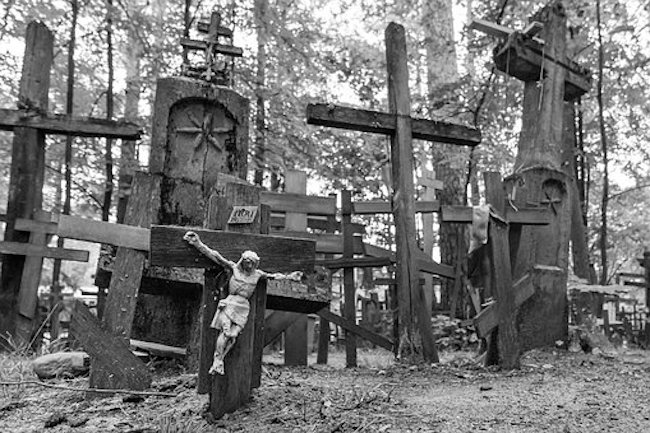How I Learned To Be Thankful Even For Mental Illness By Laura Baxter for The Federalist
Through a dark trial of my son’s mental illness, I realized suffering is an embedded feature of our fallen world. But through thanksgiving, earthly suffering is transformed, one broken heart at a time.
It has been a very difficult five years. Just before starting college, my son Z. had his first psychotic break. Doctors eventually diagnosed him with schizoaffective disorder, a variant of schizophrenia.
Schizophrenia is a devastating mental illness, affecting approximately 1 percent of the population. Common symptoms include hallucinations, delusions, disordered speech, emotional flatness, and apathy. Not surprisingly, people with schizophrenia have trouble living independently. They find it difficult to make friends, hold jobs, and change their clothes on a regular schedule.
Five years ago, we had high hopes for Z. He was entering college on a full academic scholarship at the age of 17. He auditioned and placed first clarinet in the school band. Not only that, Z. had recently been baptized as a Christian and seemed to have a heart for children’s ministry. While Z. had always been quirky and introverted, he had made several close friends in high school. We had no doubt his college years would be successful.
Suddenly, everything changed. Z. was hospitalized five times in four years, taking multiple medical leaves from school. His behavior was strange, alienating, frustrating, and sometimes frightening. He burned through all the common medications. Some meds came with a steep price tag and no benefit, while others ushered in terrible side effects, including nightmares and panic.
After the last hospitalization, our dear doctor told us Z.’s “frontal lobe was fried” and implied we should be looking at institutions. Even Z.’s Christian faith was splintered; his hallucinatory spirit journeys were more real to him than religious truth. As his mother, I spent five years crying and praying and struggling to understand what had happened.
A Lesson from Corrie ten Boom on Thankfulness
Thanksgiving season was particularly trying. Of course, there are always things to be thankful for, such as food, family, friends, a roof over my head. But these blessings paled in comparison to the hollowing-out of my beloved son. Believers in Christ are called to “rejoice always, pray without ceasing, give thanks in all circumstances” (1 Thessalonians 5:16-18). But how could I fight my way to gratitude? Would I ever find joy again?
Corrie ten Boom, a member of the Dutch Resistance during World War II, wrote about her imprisonment in a German concentration camp, which was crawling with fleas. Corrie’s sister Betsie, the more spiritual of the two, forced Corrie to practice gratitude to the point of thanking God for the fleas.
Corrie thought Betsie was out of her mind. Then, surprisingly, the guards gave the prisoners unprecedented freedom in the barracks. Corrie discovered this reprieve from harassment was precisely because the guards were afraid of fleas.
If Corrie, as a prisoner of the Nazis, could thank God for fleas, could I find a way to thank God for mental illness? Five years in, the answer is — miraculously — yes. Here are four blessings I have experienced as a direct result of my son’s affliction.
1. Camaraderie
We could not hide the fact that our family was in crisis. We were physically incapable of putting on masks, pretending everything was okay. This was a blessing, albeit painful and embarrassing. We were forced to open up to our friends, and to rely on our church family. Lasting bonds formed in the trenches.




